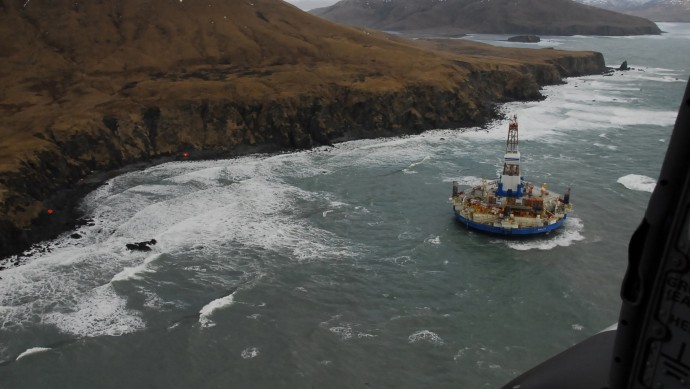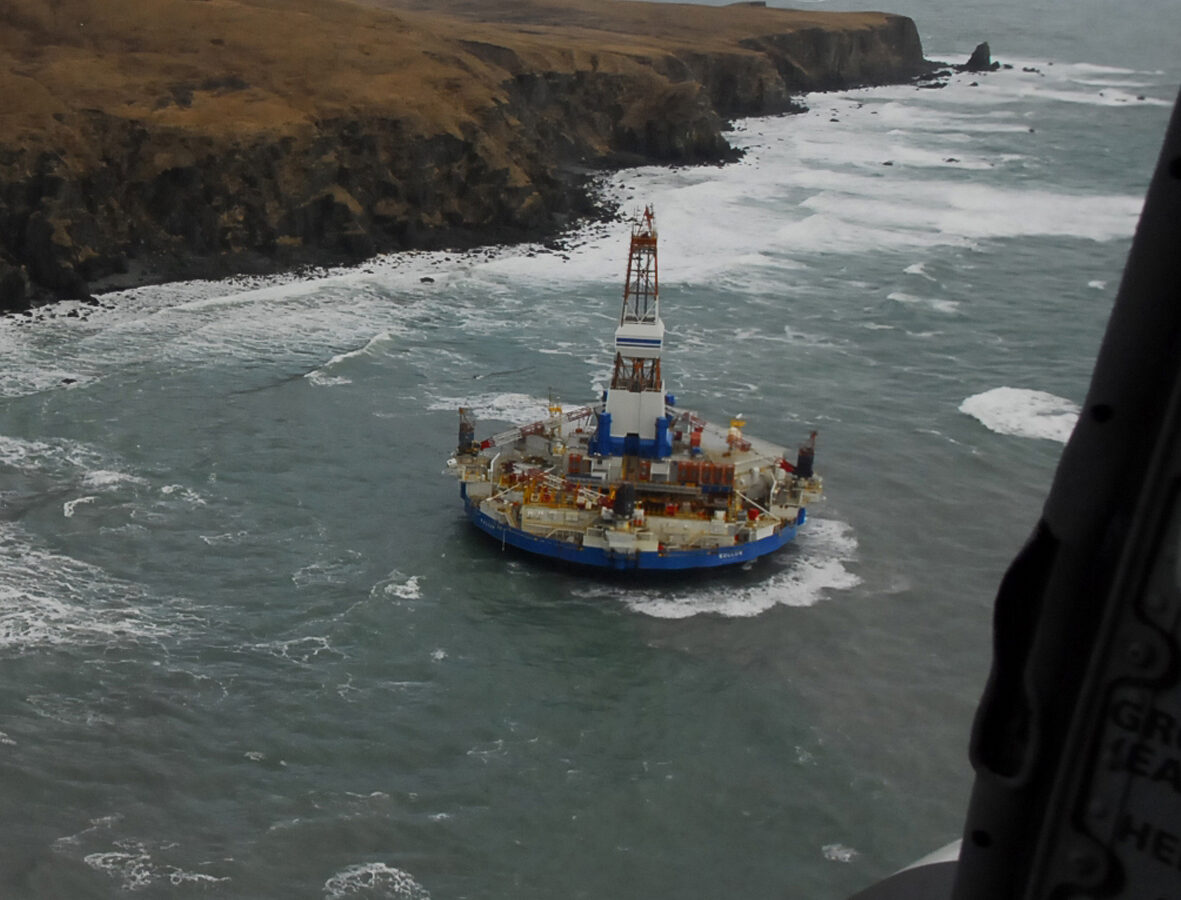
Encouraged by Southern lawmakers and lobbyists from the energy industry, the Obama administration is considering opening the Atlantic Coast to oil drilling.
Obama is expected to announce his decision within the next three months. If the president decides to allow the drilling, the first step will include seismic testing of the ocean floor to determine how many hydrocarbon deposits exist in the area.
Though many are pushing for the drilling, it’s not known how many oil and gas deposits exist, meaning the drilling may be more costly from a financial and environmental standpoint than the oil companies anticipate. The politicians and energy groups pushing for the drilling argue that while there is a chance the oil and gas deposits may be few, the findings could also result in a large cash-flow to an area that has been economically stagnant for a while.
Current estimates from the Bureau of Ocean Energy Management predict that with the best drilling technology available, deep-water drilling companies could extract between 1.3 and 5.6 billion barrels of oil. By contrast, in 2013 the U.S. produced an average of 7.5 million barrels of oil per day.
Still, drilling advocates argue that the new tests will likely reveal that there are more oil and gas deposits on the ocean floor than earlier estimates indicated. Even if it doesn’t change how much oil the U.S. has overall, David McGowan of the North Carolina Petroleum Council says he believes it’s better to drill in the Atlantic than to leave those fossil fuels buried.
“We are not saying that the Atlantic is going to be the largest part of U.S. production. Rather, it will be one piece of the larger U.S. oil and gas pie,” he said.
In addition to the likely Atlantic ocean floor drilling tests, the Obama administration is also expected to continue preparing for the ocean energy exploration project, which is expected to occur between 2017 and 2022, and involves creating an ocean roadmap for deep-water drilling companies who want to “buy” a space on the ocean floor to drill.
While environmentalists have expressed their concerns about the project, many deep-water drilling companies say the project will result in thousands of new jobs, economic growth, and a reduction in foreign imports of oil. Even if the drilling does result in the creation of many jobs, it would be about a decade before those jobs were actually created.
“You’re talking about having to build up a massive amount of infrastructure to support any kind of offshore development,” said Gary Gentile, a senior editor for oil news at Platts, a trade publication. “So now we’re talking a decade or two into the future before realistically any of that oil can be tapped; if it’s there.”
Although the oil industry may bring some money to the area, it will also have a negative economic impact on other industries in the area, including tourism, since many Southern states advertise clean beaches and bountiful fishing.
Thanks to the work of conservationists, the Atlantic has largely been off-limits for the past three decades from offshore drilling, but Derb Carter, North Carolina director for the Southern Environmental Law Center, said that may soon change because the industry reports neglect the environmental costs with drilling.
“The industry wants to paint the picture that the Atlantic is oil nirvana, that we can exploit the resources and the states will become rich, unemployment will be solved, and it will do everything but take out the garbage,” he told The Associated Press.


